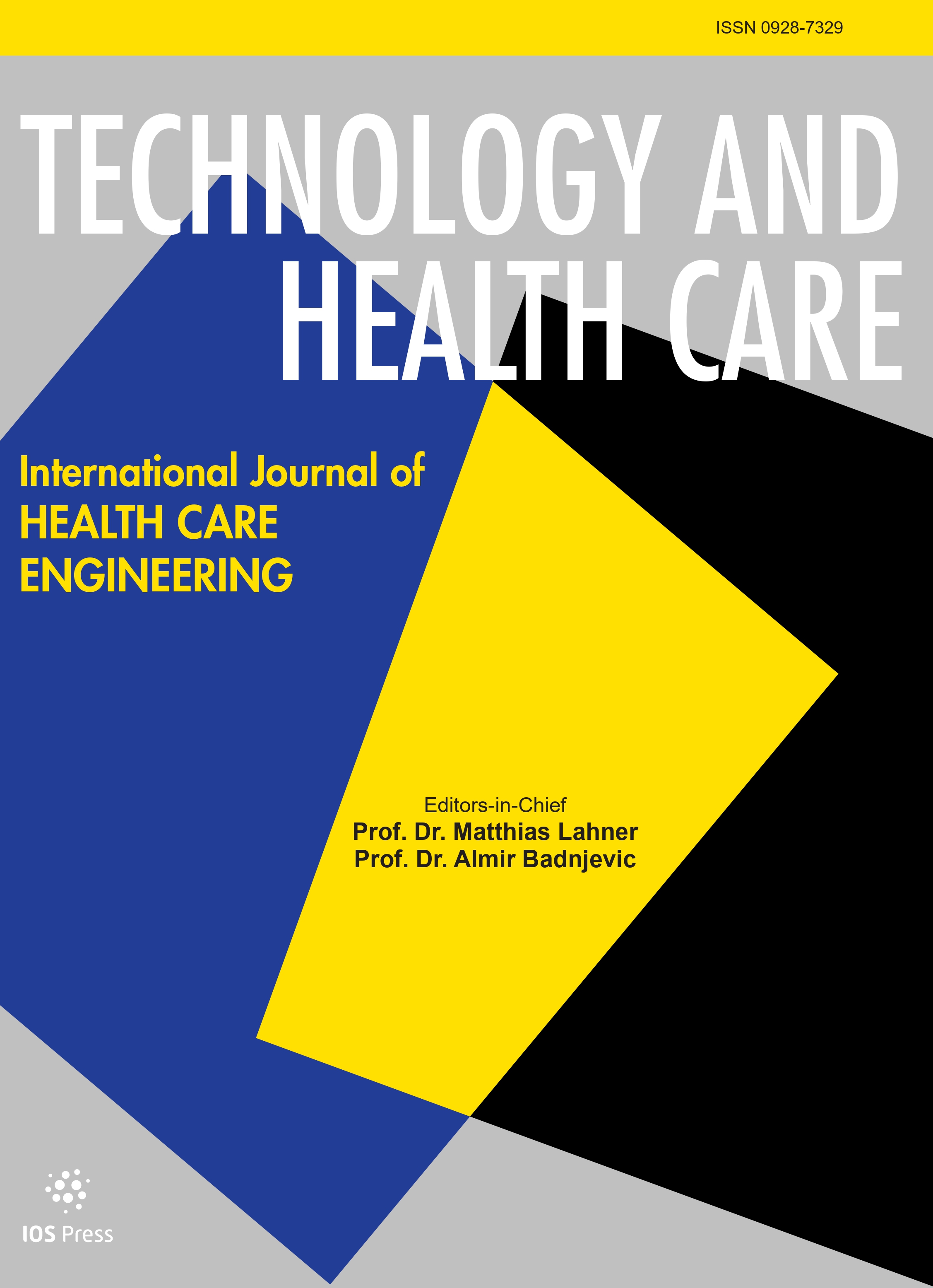Authors: Sharour, Loai Abu
Article Type:
Research Article
Abstract:
BACKGROUND: High-fidelity simulation (HFS) as a teaching-learning method has increased, especially in medical programs. OBJECTIVE: This study was conducted to assess the effectiveness of using HFS on the satisfaction, self-confidence, self-efficacy, and knowledge of undergraduate students in oncology care. METHODS: A pre-test post-test quasi-experimental design was utilized. Random sampling technique was used to recruit the participants. The scenarios including septic shock and infusion reaction were implemented. The training program including lectures and the simulation was run in a high fidelity simulation lab. RESULTS:
…There was a significant difference ( t = - 5.95, p = 0.001) between the experimental group ( M = 13.95, S D = 3.35) and the control group ( M = 6.25, S D = 2.65) regarding knowledge, confidence ( t = - 22.75, p = 0.001) between the experimental group ( M = 61.25, S D = 12.10) and the control group ( M = 38.50, S D = 6.20), satisfaction level t = - 18.25, p = 0.001; experimental group – M = 42.25, S D = 4.25; and control group – M = 28.50, S D = 3.15), and there was a significant difference between the experimental group ( M = 35.50, S D = 3.25) and control group ( M = 24.25, S D = 2.85) regarding self-efficacy ( t = - 13.25, p = 0.001). CONCLUSIONS: High-fidelity simulation in nursing increased student knowledge, self-confidence, satisfaction, and self-efficacy in managing septic shock and infusion reaction as common oncology emergencies.
Show more
Keywords: Clinical simulation, confidence, satisfaction, knowledge, self-efficacy
DOI: 10.3233/THC-181543
Citation: Technology and Health Care,
vol. 27, no. 2, pp. 223-232, 2019
Price: EUR 27.50





